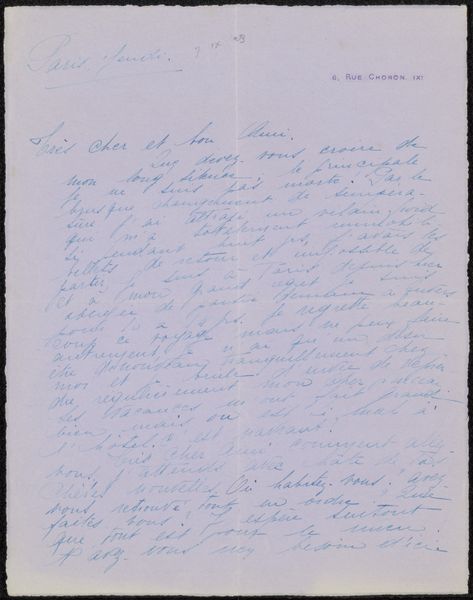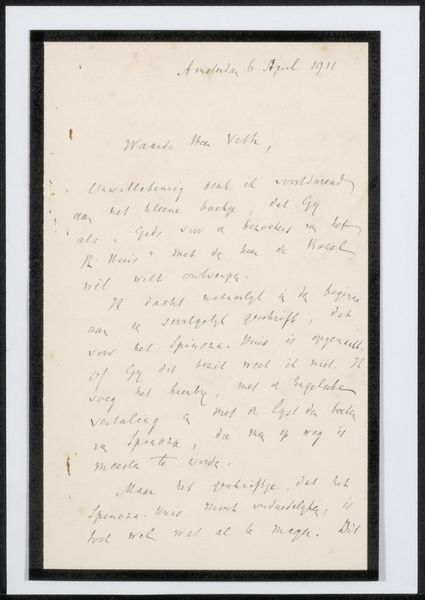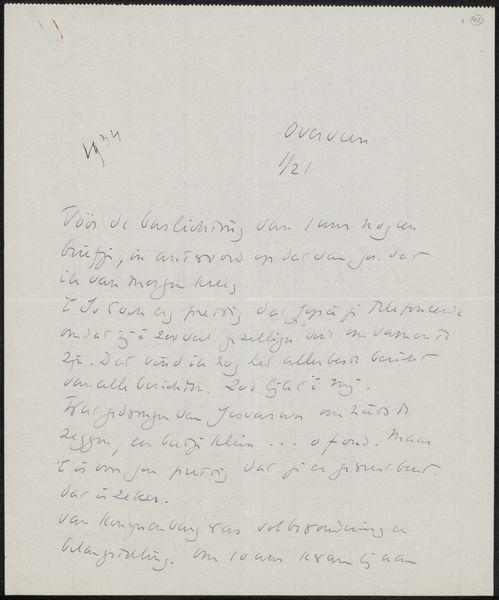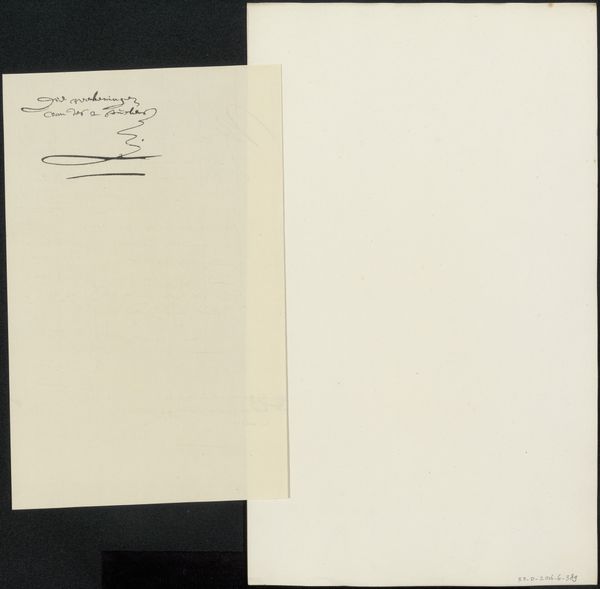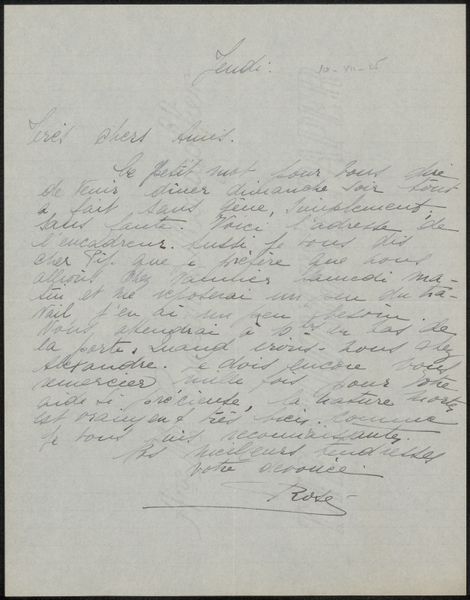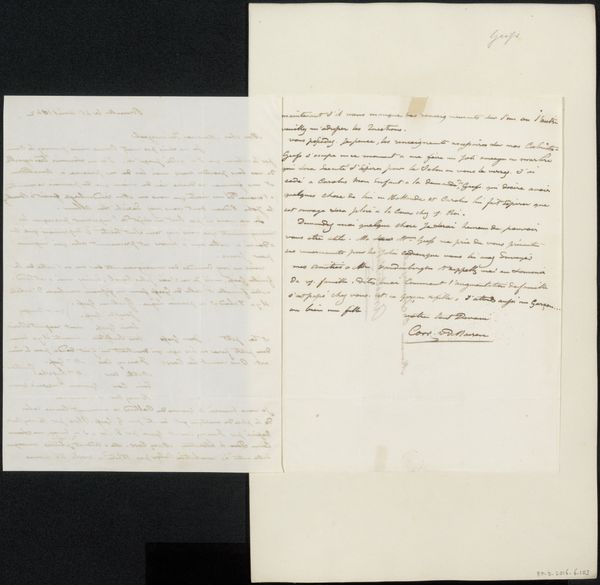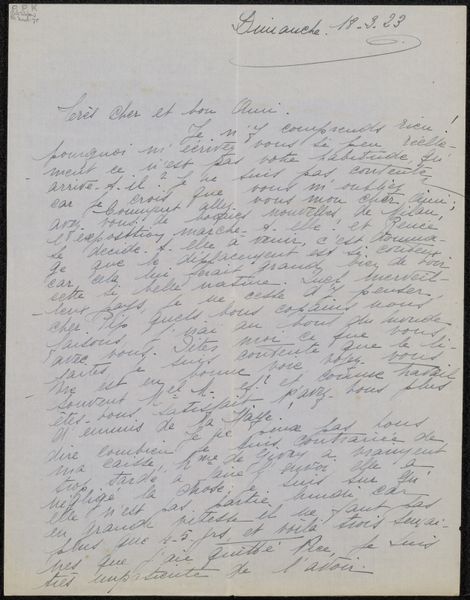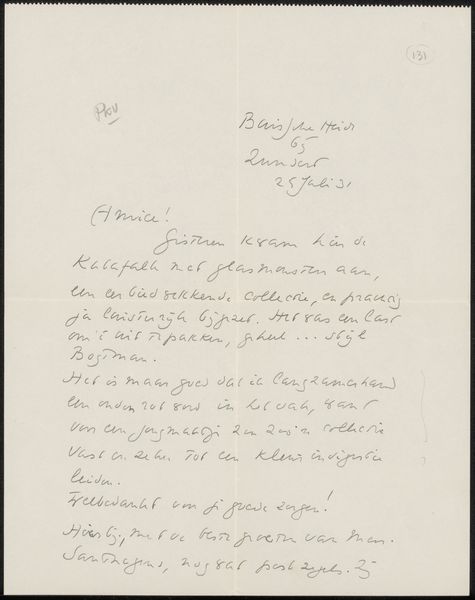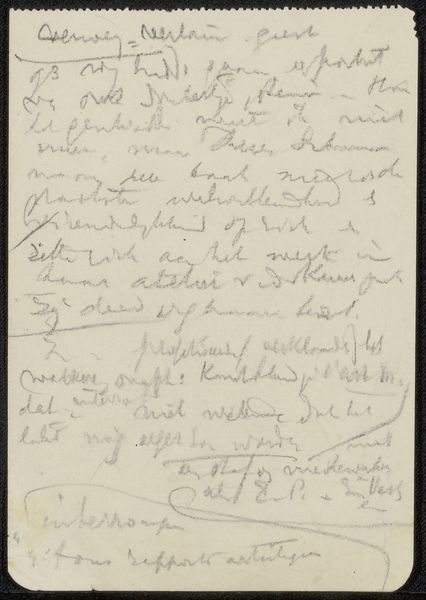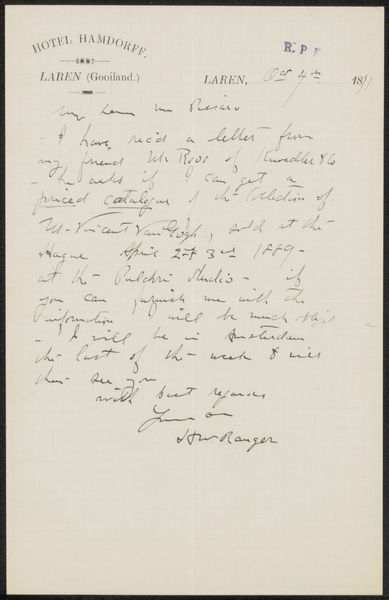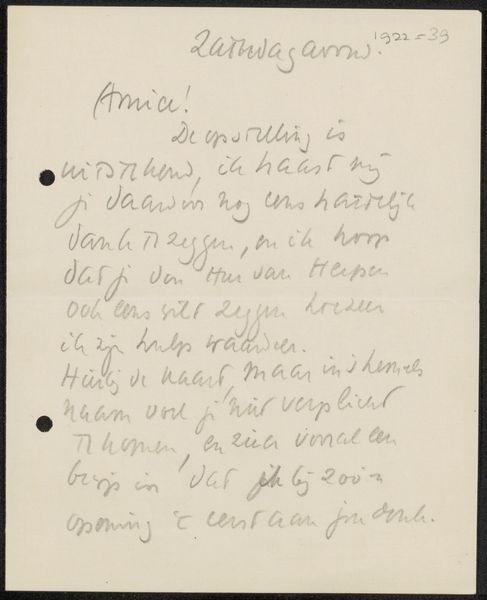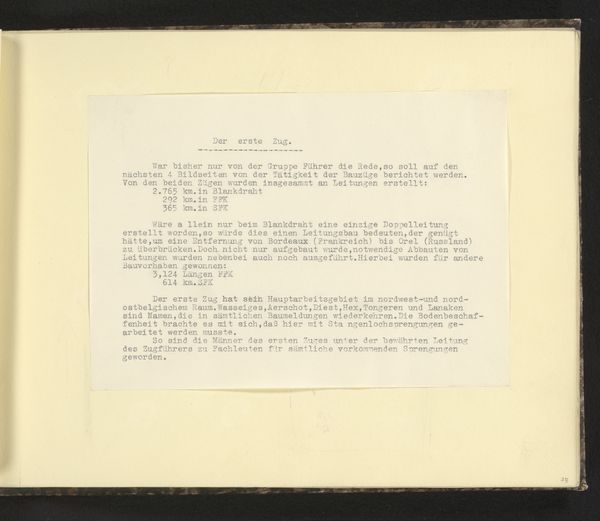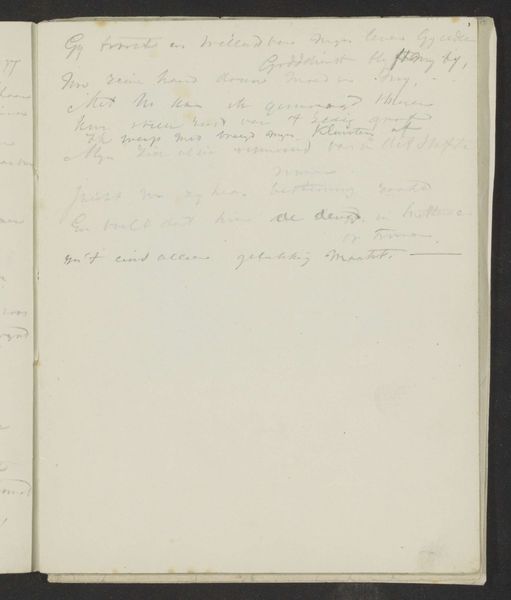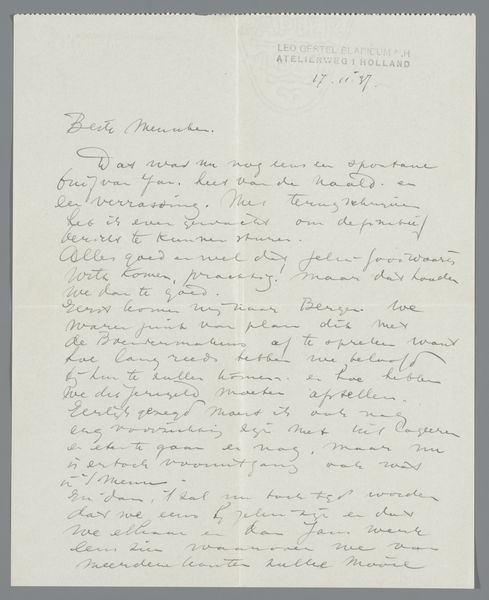
drawing, print, etching, paper, ink
#
portrait
#
drawing
#
hand-lettering
#
dutch-golden-age
# print
#
etching
#
sketch book
#
hand drawn type
#
hand lettering
#
personal journal design
#
paper
#
personal sketchbook
#
ink
#
hand-drawn typeface
#
sketchbook drawing
#
sketchbook art
#
small lettering
Copyright: Rijks Museum: Open Domain
This is a facsimile, or copy, of a letter by Rembrandt van Rijn from 1639. Although we don’t know who made the copy, we can use it to examine the role of the artist in 17th-century Netherlands. In this period, the Dutch art market was booming and artists, like Rembrandt, were under pressure to produce work quickly, as can be seen in this letter which discusses quick payment for a commissioned work. Art wasn't just made for the church or aristocracy anymore; it was becoming a commodity. This shift democratized art, but also put pressure on artists to meet market demands. Guilds and academies played a big role, standardizing training and styles but Rembrandt challenged these norms, setting up his own studio and pursuing his unique artistic vision. Analyzing this document, and others like it, helps historians understand the economic and social factors shaping artistic production during the Dutch Golden Age.
Comments
No comments
Be the first to comment and join the conversation on the ultimate creative platform.
